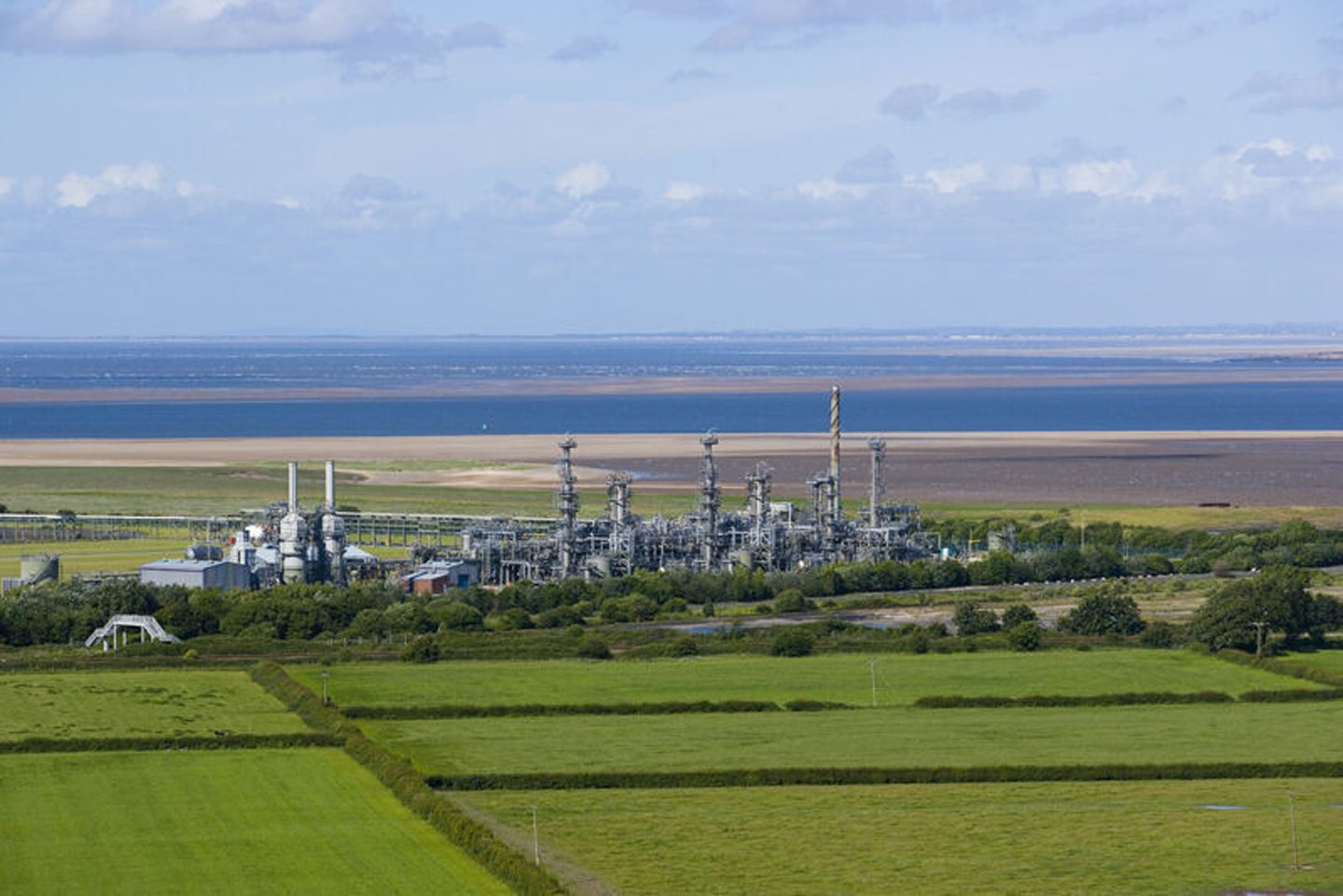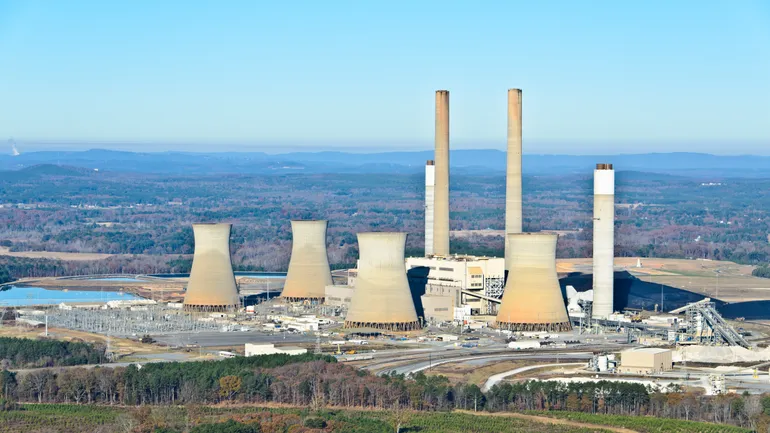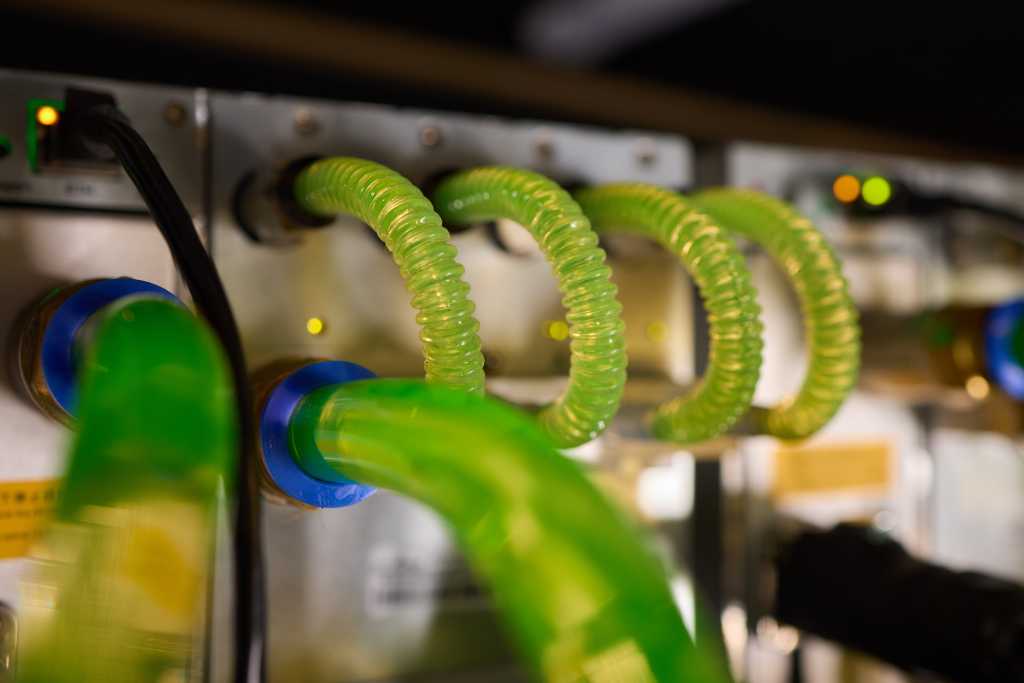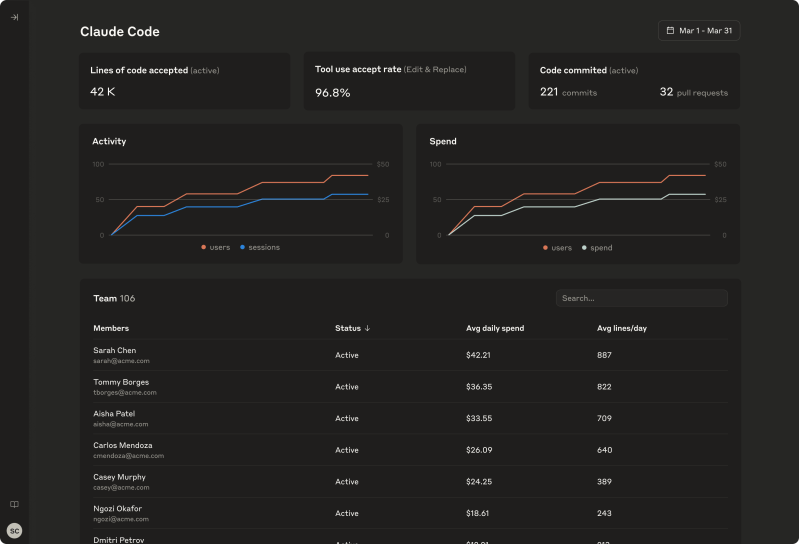Eni has awarded a £250 million contract to construction firm United Living Group to deliver CO2 transportation and storage infrastructure for its Liverpool Bay carbon capture and storage (CCS) project.
United Living, a subsidiary of American private equity group Apollo, said it expects to generate an additional 300 roles within the company as part of the contract.
The deal with Italian energy firm Eni will also support an additional 300 roles in the immediate supply chain.
United Living chairman and chief executive Neil Armstrong said the CCS project will deliver “huge benefits” to the North West of England.
“We are acutely aware of the pressing need to transition to a lower-carbon future and see CCS as a crucial element to the UK achieving its net zero target,” he said.
“This project will also deliver huge benefits to the North West region, bringing major investment in local skills development, employment opportunities, and strong growth prospects for local businesses.”
Liverpool Bay CCS
Eni’s offshore CCS plans form the focal point for the wider £2 billion HyNet North West industrial decarbonisation cluster.
The plan involves capturing emissions from industrial emitters around Liverpool and Manchester before transporting and storing the CO2 offshore underneath the Irish Sea.
United Living said the three-year engineering, procurement, installation and commissioning contract with Eni relates to the delivery of the HyNet CO2 pipeline.
 © Supplied by HyNet
© Supplied by HyNetThe project involves the construction of 21 miles of new pipeline alongside repurposing 15 miles of existing infrastructure for CO2 transportation.
The pipeline will travel from Ince in Cheshire to Eni’s Point of Ayr gas terminal in north Wales.
Eni secured planning permission from the UK government for the Liverpool Bay pipeline project in March.
The contract with United Living comes days after Eni awarded a separate £440m contract to compatriot Saipem to convert gas infrastructure at Point of Ayr.
HyNet carbon capture cluster
Eni reached a financial deal on its HyNet CCS plans with the UK government last week.
The wider UK energy sector welcomed the progress on HyNet, calling it a “landmark moment” for the country’s CCS sector.
The HyNet agreement follows a similar deal between the government and the backers of a £4bn CCS project in Teesside.
Led by BP, Equinor and TotalEnergies, the Northern Endurance Partnership forms part of the East Coast Cluster, one of two so-called track-1 clusters alongside HyNet.
The UK government secured the agreements after it last year pledged nearly £22bn for HyNet and the East Coast Cluster over 25 years.
But while the industry welcomed progress on the track-1 projects, second stage track-2 developments in Scotland and the Humber called for certainty on funding.
Industrial bodies in the Humber issued a call for the Labour government to get behind Harbour Energy’s Viking CCS plans.
Meanwhile, Acorn project partner Storegga warned Scotland “must not be forgotten” in the government’s push to decarbonise heavy industry.





















